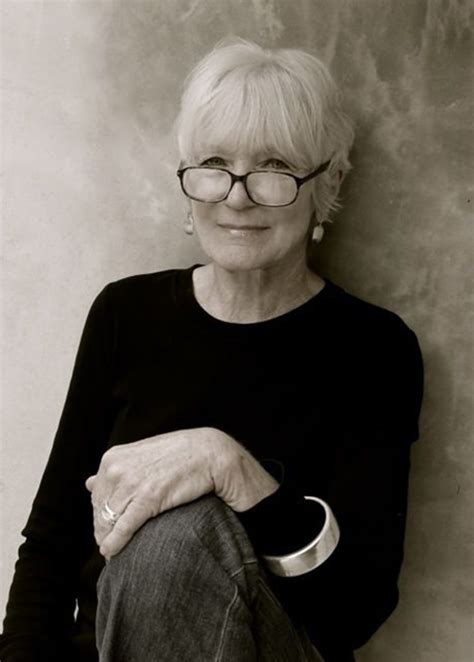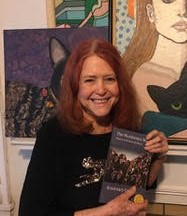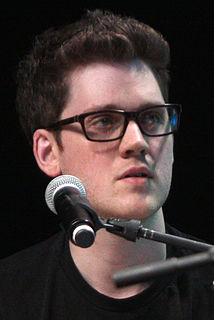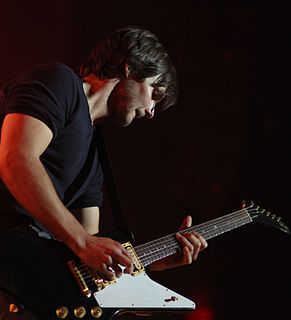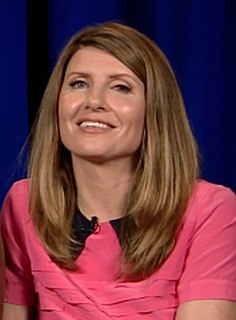A Quote by Gail Carson Levine
Do not beat up on yourself. Do not criticize your writing as lousy, inadequate, stupid, or any of the evil epithets that you are used to heaping on yourself. Such self-bashing is never useful. If you indulge in it, your writing doesn't stand a chance. So when your mind turns on you, turn it back, stamp it down, shut it up, and keep writing.
Related Quotes
It means abandoning being a poet, abandoning your careerism, abandoning even the idea of writing any poetry, really abandoning, giving up as hopeless - abandoning the possibility of really expressing yourself to the nations of the world. Abandoning the idea of being a prophet with honor and dignity, and abandoning the glory of poetry and just settling down in the muck of your own mindYou really have to make a resolution to write for yourself, in the sense of not writing to impress yourself, but just writing what your self is saying.
One of the basic things we should avoid is to criticize others. Better to criticize yourself. Criticize yourself, criticize your brothers and sisters, criticize your country, criticize all the habits you have and laugh at yourself, is the best way. If you know how to laugh at yourself then you will not object or will not stand in the way of any creativity of another person.
When I used to teach writing, what I would tell my playwriting students is that while you're writing your plays, you're also writing the playwright. You're developing yourself as a persona, as a public persona. It's going to be partly exposed through the writing itself and partly created by all the paraphernalia that attaches itself to writing. But you aren't simply an invisible being or your own private being at work. You're kind of a public figure, as well.
You honor your writing space by recovering, if you are an addict. You honor your writing space by becoming an anxiety expert, a real pro at mindfulness and personal calming. You honor your writing space by affirming that you matter, that your writing life matters, and that your current writing project matters. You honor your writing space by entering it with this mantra: “I am ready to work.” You enter, grow quiet, and vanish into your writing.
You don't want to spend your time around people who make you hold your breath. You can't fill up when you're holding your breath. And writing is about filling up, filling up when you are empty, letting images and ideas and smells run down like water - just as writing is also about dealing with the emptiness.
Writing original songs is much, much harder (I think) because you only have yourself to conjure up EVERY single moment a listener is going to hear. It's a craft that goes directly from your brain to their ears. You can never be sure that what you're writing is gonna be good enough to keep a listener engaged and truly experience something. It's a shot in the dark.
I feel like you become a songwriter when you claim that it's sort of like a switch flipped, and you're always writing. Even in your sleep, you're always thinking about it in the back of your mind. The true writing - when you're officially writing - that's just when its front of mind, but its always there. You're always listening for a hook.


